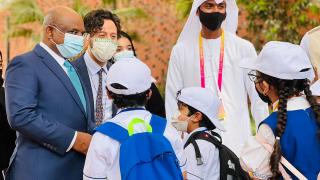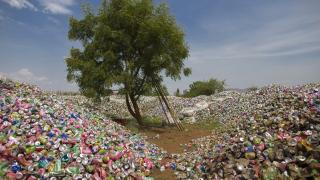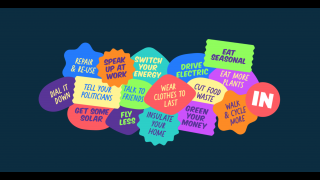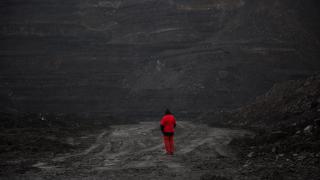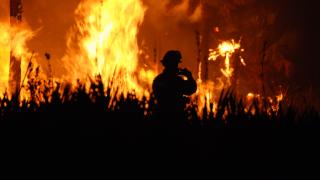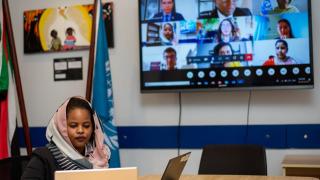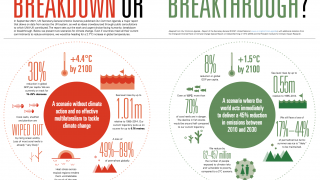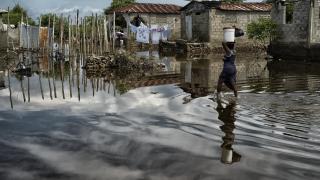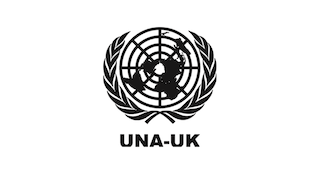
COVID-19 is a warning that the world faces more than one existential risk.
As well as pandemics and the climate crisis there is the ever-present threat of a nuclear weapons catastrophe. All three are interrelated.
Climate change contributes to habitat loss and species displacement, increasing the opportunities for viral transmission. As we have seen in the past year, pandemic mitigation diverts resources and attention from climate change mitigation. Meanwhile, the production and maintenance of nuclear weapons not only carries a heavy carbon footprint and monopolises vast sums of finance but poses an inherent risk that, by accident or miscalculation, the weapons will be used. The Doomsday Clock of the Bulletin of the Atomic Scientists now iden- tifies nuclear weapons and the climate crisis “existential threats to humanity”, with the pandemic as a wake-up call.
In the past, warning signs for these catastrophic threats have been visible but ignored, or acknowledged without leading to adequate action. States prioritise short-term gains over long-term insurance. This can only be overcome by concerted international measures.
COP26 should create a new programme to investigate the linkages with other existential threats and feed the results into policy formulation. Faced with a perfect storm of risk, we need a unified response, bringing together different international agencies to cooperate rather than compete for resources. This should make use of existing research which can also anticipate other existential threats before they emerge – when it may be too late.
John Gittings was assistant foreign editor and chief foreign leader writer at The Guardian from 1983 to 2003.
Photo: Art at COP25, Michael Pinsky’s Pollution Pods. Credit: UNFCCC/Flickr


